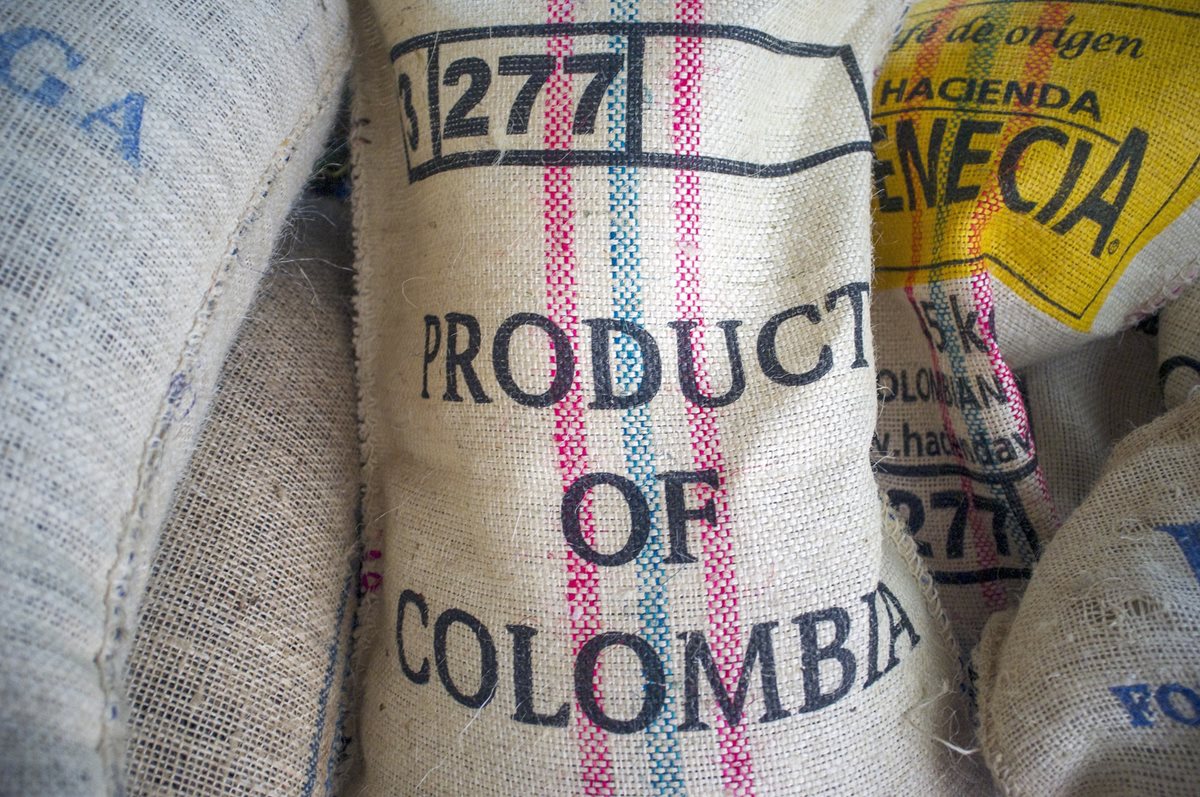The Fairtrade Living Income Reference Pricing model aims to provide income stability for Colombian coffee farmers by identifying key parameters to achieve living income
.jpg.aspx?lang=en-GB&width=700&height=464)
Fairtrade's new pricing model aims to enable coffee farmers to build greater resilience against external factors, such as the climate emergency, and challenges related to the Covid-19 pandemic
According to Fairtrade, Living Income Reference Prices (LIRP) are designed to ensure producers maintain an adequate standard of living and can invest in the long-term future of their farms.
A LIRP indicates the price needed for a typical farmer household with a viable farm size and sustainable level of productivity to make a living income from the sale of their crop. The model is based on four key parameters, including sustainable yields; viable farm size; the cost of sustainable production; and the cost of a decent standard of living.
The new pricing model also aims to enable coffee farmers to build greater resilience against external factors, such as the climate emergency and challenges related to the Covid-19 pandemic.
“If growing coffee doesn’t make business sense to farmers, the world will soon run out of coffee, as the younger generation is no longer interested in staying on the farm. A price that supports farmers’ prosperity and covers the costs of sustainable farming practices has to be part of the solution,” said Carla Veldhuyzen van Zanten, Fairtrade International’s senior advisor for sustainable livelihoods.
Unsustainably low coffee prices threaten the livelihoods of millions of small-scale coffee farmers around the world. In March 2019, the World Coffee Producers Forum condemned the historically low coffee futures market prices and called for immediate action to avoid a humanitarian crisis for some 25 million smallholder families around the world.
Fairtrade’s new pricing model joins a growing chorus of international action to tackle the coffee price crisis.
In April 2021, Italian coffee roaster Lavazza and sustainable food advocate Slow Food launched the Slow Food Coalition, a manifesto outlining the role coffee growers, roasters, distributors and consumers can play in ensuring farmer profitability at origin, promoting environmental sustainability, and preserving coffee quality and diversity.
In May 2021 commercial coffee roaster Bellwether Coffee, global development organisation Heifer International, and specialty coffee importer Sustainable Harvest partner to launch Verified Living Income, a pricing model designed to meet coffee farmers’ livelihood needs
In June, Swiss premium coffee pod maker, Nespresso, became a founding participant of the Partnership for Central America, a public-private initiative to boost economic development across Central American countries, and to source coffee from El Salvador and Honduras from 2021.
In July 2021 global non-profit Heifer International and technology giant IBM partnered to deploy supply chain transparency tools designed to enable smallholder coffee and cocoa farmers secure higher market prices through improved access to market and supply chain data.